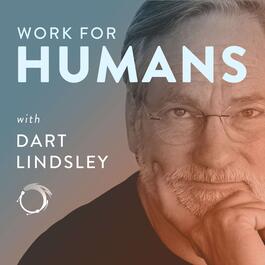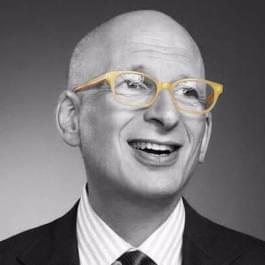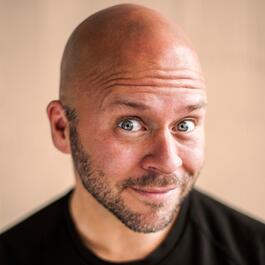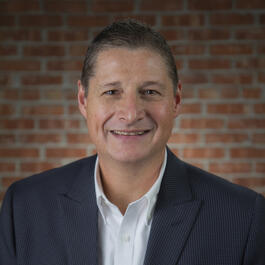
Work For Humans
Too often business leaders are forced to choose between the needs of their company and the needs of their employees. It’s a lose/lose scenario leaving managers burned out and workers seeking other opportunities. At Work for Humans, we believe work can be designed differently. When you design work like products people love, your company wins. Work becomes irresistible, employees passionately buy into their roles every day, and your company takes measurable strides towards your vision.
Show episodes
Ideas don’t grow on their own. Something has to amplify them. Universities amplify what they teach, consultants amplify what they recommend, and money amplifies the ideas it chooses to back. If we want to understand how work changes at scale, we have to look at how capital shapes which ideas take root. Virginie Raphaël

Alive at Work: The Neuroscience of Helping Your People Love What They Do | Daniel M. Cable, Revisited
Dan Cable was doing his job and getting compensated for it, but there was a problem: he was going through the motions with no growth, learning, or sense of excitement. He knew he needed to make a change to excel. By exploring the neuroscience behind thriving at work, Dan has since used his experience to help companies
We experience the world through what we notice, how we feel, and what we remember. Yet most organizations still focus on products instead of the experiences those products create. Mat Duerden has spent his career studying how experiences work, why they matter, and what turns an ordinary moment into something meaningful

Rethinking Career Design: How Traditional Education Set Up a Generation to Fail, and How to Course Correct Today | Farouk Dey, Revisited
In an ideal world, college would help students explore possibilities and imagine a future that fits who they are. Instead, many choose majors before they know themselves and get pushed onto a career conveyor belt with little space to discover what matters to them. Farouk Dey wants to change that. His work encourages st

Workflow Friction: The Missing Link in Work Design and AI Transformation | Stephanie Denino
Friction is part of every workplace. It shows up in the meetings that don’t need to happen, the unclear steps, and the small barriers that make work harder than it has to be. It’s a cost we’ve come to accept, but it doesn’t need to stay that way. When we look more closely, we start to see the real experience of work wh

Designing Your Life: How to Use Design Principles to Get What You Want in Work and Life | Bill Burnett, Revisited
From kitchen tables to self-driving cars, everything around us was designed to solve a problem. Bill Burnett, award-winning Silicon Valley designer, believes we can use the same approach to design careers that bring fulfillment and joy. By using curiosity, reframing, collaboration, and other tools, Bill shows how to en





